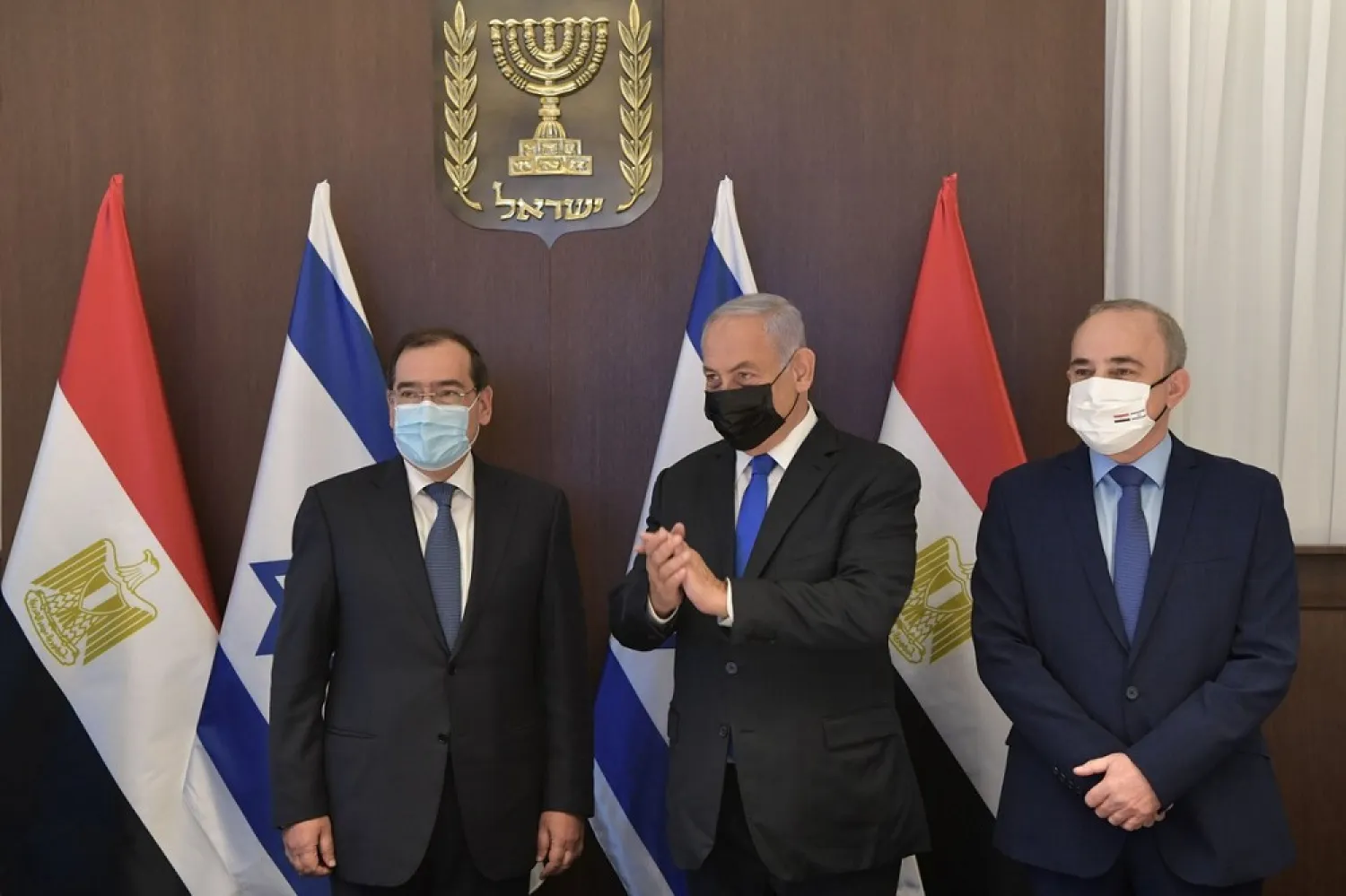Tel Aviv and Cairo have agreed to expand cooperation in the energy field.
The announcement was made during a visit by Egypt’s Minister of Petroleum and Mineral Resources Tarek El Molla to Israel on Sunday.
The Egyptian minister’s visit marked the first public visit to Israel by a senior Egyptian government official in five years.
“This is an important day, marking our continued cooperation on energy and so many other things,” said Israeli Prime Minister Benjamin Netanyahu upon receiving Molla.
“This began of course with the historic peace treaty between Egypt and Israel but is turning into something that can economically improve people’s lives.”
“We think that this is a great opportunity for regional cooperation among Egypt, Israel and the other countries,” he added.
“We are an energy hub. Together we can supply not only our own needs, but the needs of many other countries. So it is in this spirit of friendship and cooperation and peace and prosperity that I welcome you to Israel,” Netanyahu noted.
The meeting between Netanyahu and Molla was attended by Energy Minister Yuval Steinitz, National Security Adviser Meir Ben-Shabbat, Israel’s envoy to Egypt Amira Oron, Egyptian envoy to Israel Khaled Azmi, and Magdy Galal, chair of the state-owned Egyptian Natural Gas Holding Company, which manages Egyptian state shares in gas projects.
Steinitz welcomed his guest and said he was “happy and excited” to host Molla, the first Egyptian minister to visit Israel since 2016.
Molla’s visit focused on extending a pipeline linking Israel to the Sinai Peninsula in Egypt, in addition to developing gas fields and cooperation in gas exploration, and promoting the Eastern Mediterranean Gas Forum (EMGF).
Egypt, Israel, Greece, Cyprus, Italy, Jordan and the Palestinian Authority established the EMGF as an intergovernmental organization in September 2020. In December, the United Arab Emirates joined the Forum as an observer.
Egypt has been seeking to transform itself into a regional energy hub through the forum, which aims to establish a regional gas market, rationalize the cost of infrastructure and offer competitive prices.
Egypt began importing Israeli gas in early 2020, for possible re-export to Europe or Asia.
The 2015 discovery of the giant offshore Zohr field had unlocked interest in Egypt’s energy market and encouraged Cairo to promote itself as a regional hub.
Molla also signed a memorandum of understanding for Egypt to help develop the Gaza Marine field with the project’s two partners, the Palestine Investment Fund (PIF), the sovereign fund of the Palestinian Authority, and Consolidated Contractors Company.
They agreed to cooperate on developing the field and the necessary infrastructure that would provide Palestine’s needs of natural gas with the possibility of exporting part of it to Egypt.
The MoU was signed by Magdy Galal and advisor to the Palestinian President for Economic Affairs and Chairman of the PIF Board of Directors Mohamed Mustafa.









